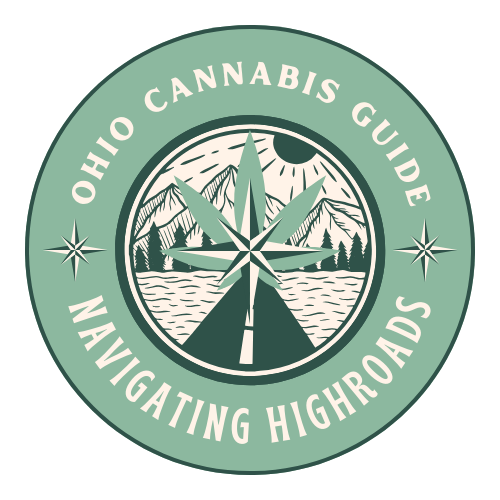Cannabigerol (CBG) is a non-intoxicating cannabinoid that is found in the trichomes of the cannabis"Cannabis" is a broad term that refers to a flowering plant scientifically known as Cannabis Sativa L. The term is commonly used to describe the cannabis plant and its products... More plant. It is considered a minor cannabinoid and serves as a precursor to other cannabinoids"Cannabinoids" are a diverse group of chemical compounds found in the cannabis plant, Cannabis sativa. These compounds interact with the body's endocannabinoid system, influencing various physiological processes. Both endocannabinoids that... More like THC and CBD. CBG is gaining attention for its potential use in therapeutics.
Key Information:
- Common Uses:
- CBG is explored for potential therapeutic applications, including anti-inflammatory, antibacterial, and neuroprotective effects. It is available in various forms, such as CBG oils, capsules, and extracts.
- Effects:
- CBG is non-intoxicating, meaning it does not produce a “high.” Research suggests it may interact with the endocannabinoid system to influence factors like mood, appetite, and immune response.
- Legislation and Regulation:
- The legal status of CBG varies, subject to regulations similar to other cannabinoids. Users should be aware of local laws governing the sale and use of CBG products.
- Cultivation"Cultivation" in the context of cannabis refers to the process of growing and nurturing cannabis plants to produce usable and desirable cannabis products. Cultivation involves various stages, including germination, vegetative... More and Growing:
- CBG levels in cannabis plants can vary based on genetics. Some cultivators focus on breedingBreeding in the context of cannabis refers to the intentional process of crossing different cultivars to create new and desirable genetic variations. This involves selecting parent plants with specific traits... More strains with higher CBG content, while others may extract CBG from hemp plants.
Why It Matters:
Understanding CBG is essential for those interested in the diverse cannabinoids of the cannabis plant. As research progresses, CBG may offer new therapeutic possibilities and contribute to a deeper understanding of cannabis chemistry.
Common Misconceptions:
- Misconception: CBG has the same effects as THC.
- Correction: CBG is non-intoxicating and does not produce euphoric effects like THC.
- Misconception: CBG is only present in trace amounts.
- Correction: While considered a minor cannabinoid, some strains are bred to have higher CBG concentrations.
Safety Considerations:
CBG is generally considered safe, but users should be mindful of potential interactions with medications. Quality assurance and third-party testing of CBG products are essential for ensuring safety and potency.
User Tips:
- When selecting CBG products, consider their source and extraction methods to ensure quality.
- Stay informed about the legal status of CBG in your region, as regulations may vary.
- If using CBG for specific health concerns, consult with healthcare professionals for personalized guidance.
Additional Resources:
- Articles and Publications:
- Videos and Visual Resources:
Related Terms:
- Cannabinoids
- Minor Cannabinoids
- Endocannabinoid System (ECS)
FAQs (Frequently Asked Questions):
- Q: Is CBG legal?
- A: The legal status of CBG varies; users should be aware of and comply with local regulations regarding the sale and use of cannabinoids.
- Q: Does CBG produce a “high” like THC?
- A: No, CBG is non-psychoactive and does not produce the euphoric effects associated with THC.
- Q: What are the potential therapeutic benefits of CBG?
- A: Research on CBG is ongoing, and while preclinical studies suggest various potential benefits, more research is needed to understand its entire therapeutic applications. Users interested in CBG for specific health concerns should consult with healthcare professionals for personalized advice.
